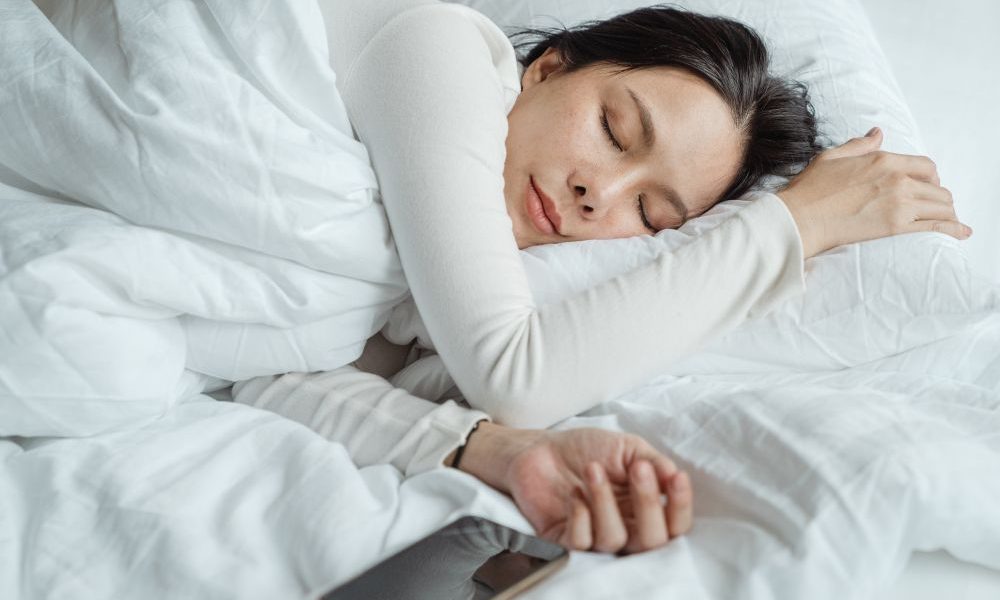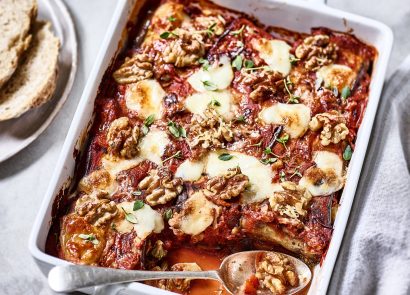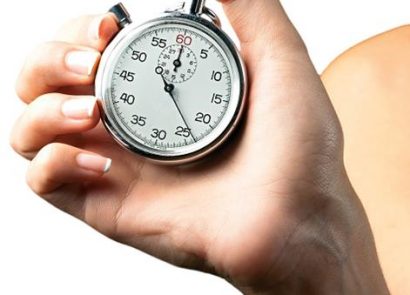Getting enough sleep each night is far more important to your overall health than you might realise. While it’s recommended that adults get between 7 and 9 hours of interrupted sleep each night, the reality is that this can be a struggle for many of us, and can leave us feeling irritable, unfocused and unmotivated the following day.
Suffering from poor sleep for several consecutive nights can have serious effects on your mental state, and can cause you to become more susceptible to accidents. Frequent lack of sleep can also impact your physical health in various ways, such as increasing your risk of developing chronic illnesses and lowering your immune system.
One of the easiest, yet often overlooked, ways to improve your sleeping habits is to take a look at your diet. Certain foods can have a significant impact on the length of time it takes for you to drift off at night, and can even affect your quality of sleep, too. That’s why we’ve put together this guide of the best sleep-inducing foods as well as those that you should avoid, so you can get in those important hours of good-quality sleep.
7 FOOD AND DRINKS FOR A BETTER NIGHT’S SLEEP
Nuts
A handful of nuts before bed can provide a number of benefits, including significantly improving your sleep. Nuts are high in unsaturated fat, which promotes good heart health. They also contain several hormones, including serotonin and melatonin. These help to regulate your sleeping habits and are used to signal to your body when it’s time for sleep.
Nuts are also rich in magnesium, which is great for relaxing muscles, steadying the rhythm of the heart, and reducing stress hormones in preparation for bedtime The best types of nuts to snack on before bed are almonds, walnuts, cashews, and pistachios.
Turkey
It’s thought that consuming a moderate amount of protein before bed may help to improve the quality of sleep. Turkey is full of protein, which explains its ability to encourage tiredness. Most importantly, turkey contains an amino acid called tryptophan. This increases the level of the sleep hormone melatonin, which is produced in the brain. As a result, you’ll become sleepier, which is why a slice or two of lean turkey meat is great in the hours leading up to bedtime.
Kiwi
Studies have shown that consuming kiwi an hour before bed not only helps you fall asleep quicker, it also reduces the chance of sleep interruptions during the night and leads to an overall increase in total sleep time. It’s not known for certain why kiwi helps with sleep. But it is thought to be linked to the hormone serotonin, which regulates the sleep cycle.

Cherries
Cherries naturally contain melatonin, which makes them one of the best types of food for good sleep, particularly when these cherries are tart or sour. This fruit has been used to help sufferers of insomnia, as regular use could lead to better quality and longer sleeps. Cherries have a number of other health benefits, including anti-inflammatory properties, and are rich in fibre, vitamin C, magnesium and potassium.
Warm milk
While typically thought of as just a treat before bedtime, a cup of warm milk actually boasts properties that promote a good-quality, regular sleep cycle. Foods that are rich in melatonin could help you sleep better due to the abundance of the sleep hormone, and milk is a great example of this. What’s more, warm milk can produce calming effects, which is ideal to help you wind down for the night.
Chamomile tea
This popular herbal tea has been used as a traditional sleep remedy for years. It doesn’t contain caffeine and the herb itself is well-known for its calming properties as well as being great for boosting your immune system and reducing symptoms of depression and anxiety. Chamomile tea contains antioxidants that bind to some of the receptors in your brain, which helps you recognise it’s time for bed and you begin to feel sleepy.
Bananas
Bananas are a great source of potassium, which is vital for a deep sleep, as well as magnesium, both of which help to relax your muscles before bedtime. The fruit is high in tryptophan, the same amino acid that’s found in turkey. What’s more, it is responsible for the production of the sleep hormone, melatonin. This makes bananas the perfect snack to have before bed to eliminate feelings of hunger as well as receiving the benefits of the natural sedative properties.
Now that you know the right foods to eat to help you snooze, here are the foods you need to avoid.
THE WORST FOODS FOR SLEEP
While it’s helpful to recognise which are the best foods for good sleep, it’s just as important to understand what types of food have the opposite effect. The following foods can be enjoyed in moderation, but it’s best to avoid them in the hours prior to bedtime:
Caffeine: This stimulant is most commonly found in tea, coffee, chocolate, and energy drinks and should be avoided at least six hours before you plan to sleep.
Alcohol: Drinking alcohol is one of the most common causes of disrupted sleep and can lead you to wake up multiple times throughout the night.
Spicy food: Eating spicy food can raise the body temperature, making it difficult to fall asleep, so it’s best to stay away from curries, hot sauce, and anything else with a kick before bed.
Sweets: Sweets or anything else that is high in sugar should be avoided. Sweets can cause sugar levels to rise, which will then crash after a period of time and will cause you to wake up from your sleep.
Another point to note is that even when consuming the foods described as good for sleep, these should be avoided in large quantities because bigger amounts of food will be converted into energy and have an adverse effect on your sleep.

In addition to reviewing your diet, it’s important to review your bedroom environment and make changes where possible, so try to avoid using technology at least 30-45 minutes before you sleep. You may also notice that your pillows aren’t as comfortable as they used to be, so it might be time to treat yourself to some duck feather pillows for additional comfort. What’s more, if your mattress is causing you a bit of pain, don’t ignore it! There are many high-quality brands with affordable mattresses and bedding, including Sealy mattresses as well as Hypnos, La Romantica and more; these are our personal favourites, and you can even experience a free sleep trial on most mattresses now, too.
Make these simple changes and you’ll soon enjoy a better night’s sleep along with all of the benefits that come with it!






















